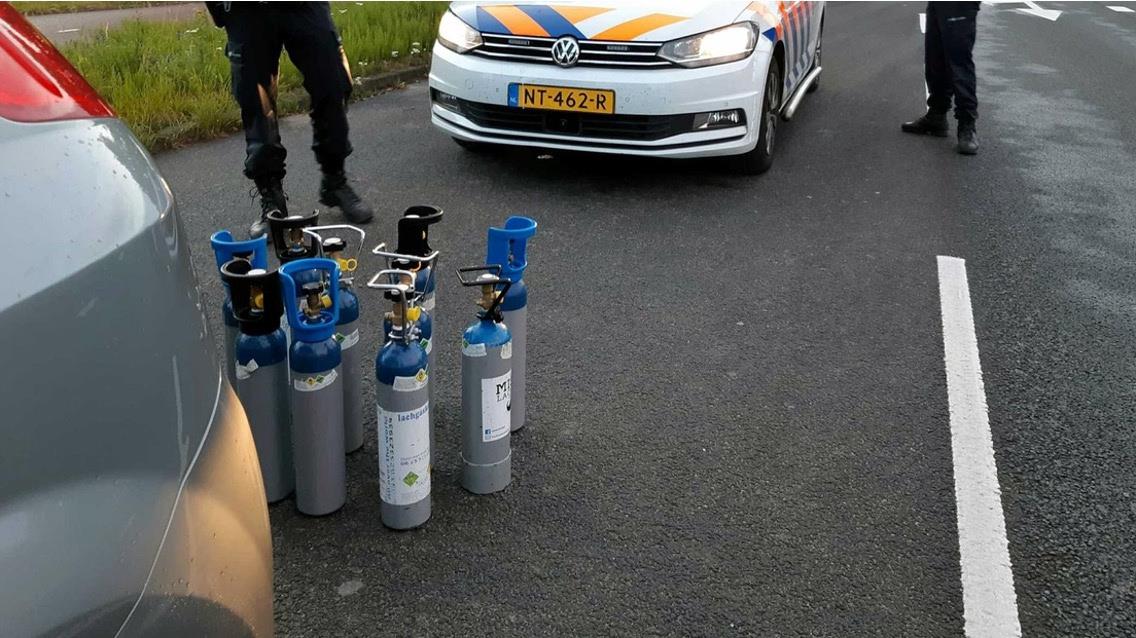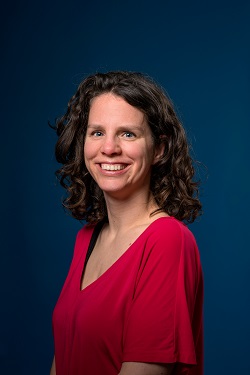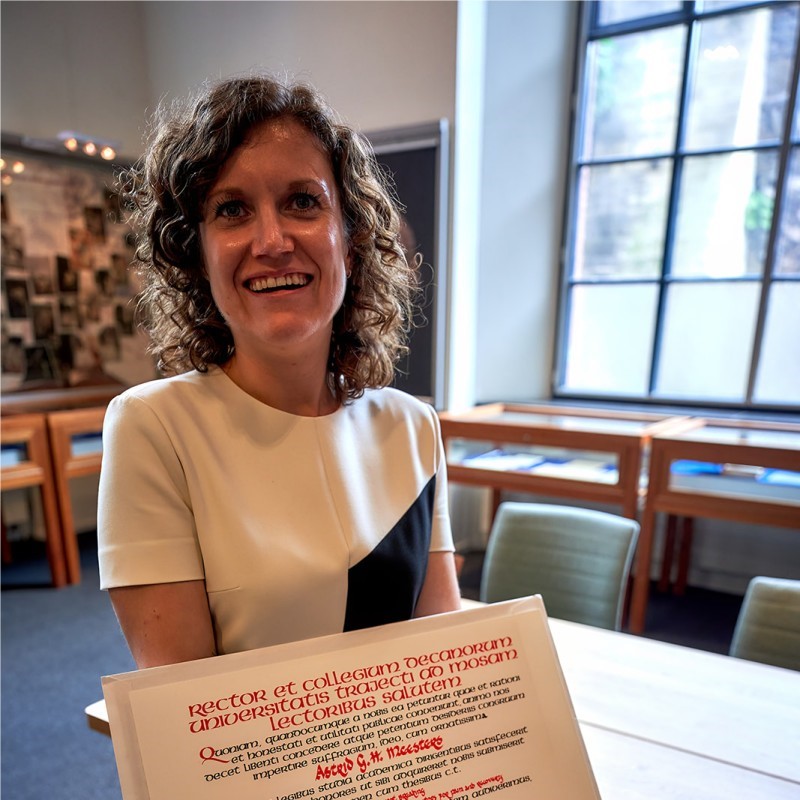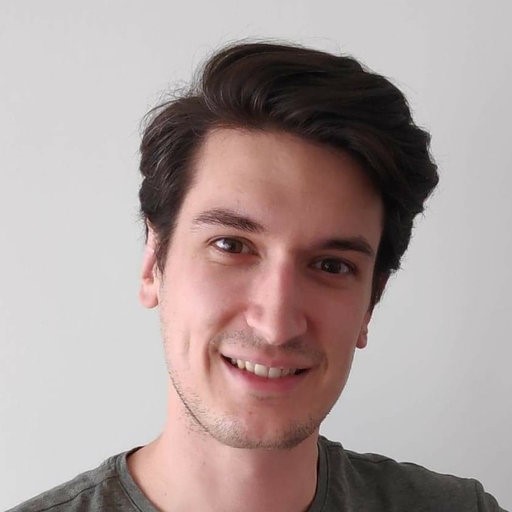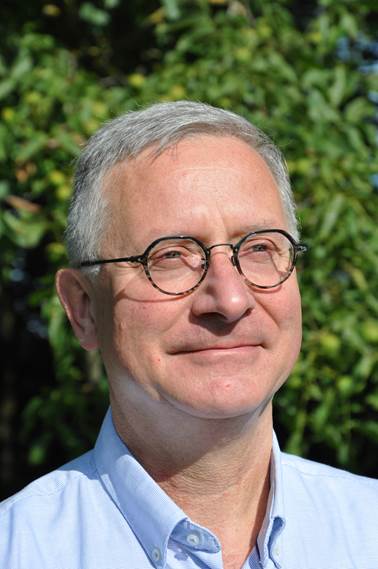News
-
When nitrous oxide (laughing gas) is used recreationally, its presence remains detectable in the breath and bloodstream for at least 60 minutes after inhalation, and the development of an instrument to measure it is technically feasible. These were among the findings of a study at Maastricht...
-
Why do innocent people sometimes spend years in prison? EUREX is a registry of miscarriages of justice in Europe that ultimately led to exonerations. The aim is to prevent such mistakes being made in future.
-
Nienke Verstegen, researcher at De Forensische Zorgspecialisten, has conducted research on aggression within forensic care and its impact on patients and staff. On July 6, 2023, she will receive her PhD from Maastricht University with her dissertation 'Hurt people hurt people. Characteristics and...
-
Twee wetenschappers van Universiteit Maastricht (UM), Keri Vos en Iskander de Bruycker, krijgen een Vidi-beurs van €800.000,- voor hun onderzoeksprojecten.
-
Milene Bonte, professor of Cognitive Neuroscience of Language and Literacy Development at UM’s Faculty of Psychology and Neuroscience, has received an NWO Vici grant of 1.5 million euros. The amount is earmarked for research into the timely identification of children in need of extra support to...
-
Four Maastricht research teams are starting their projects funded with money from the Open Competition of grant provider ZonMw. In addition, a Nijmegen research team has been awarded, which includes Harro van Lente, professor of Science and Technology Studies at Maastricht University (UM).
-
Eight of the 23 bachelor’s programmes at Maastricht University (UM) that were assessed have been voted the best in the country. Six UM programmes have also been awarded ‘Top-rated Programme’ status. The rankings were published today in the university guide Keuzegids Universiteiten 2023.
-
Astrid Meesters received her doctorate on Sept. 28 with her PhD research on flexibility and mindfulness as resilience factors for pain and recovery.
-
In his PhD research, Kristof Vandael investigated how this generalization of pain-related avoidance can be inhibited in the lab to help optimize therapy for chronic pain or even prevent the development of chronic pain.
-
Prof. Dr. Leentjens at Maastricht University has been researching the relationship between psychiatric and neurological symptoms for years in order to pay more attention to mental symptoms in treatment.
